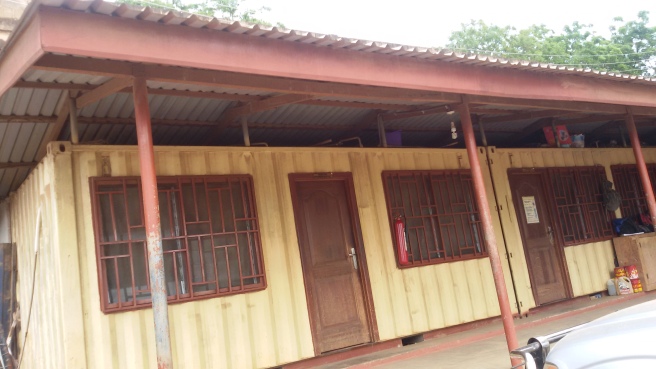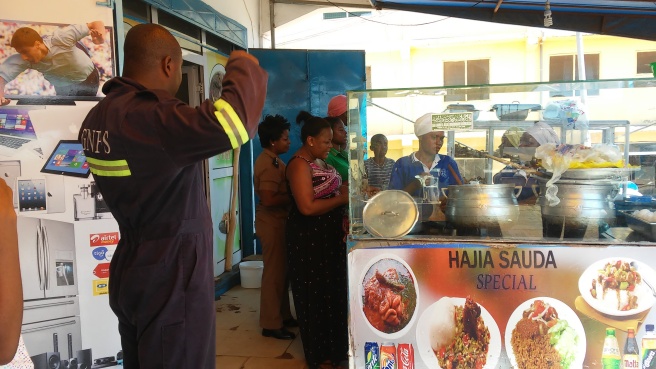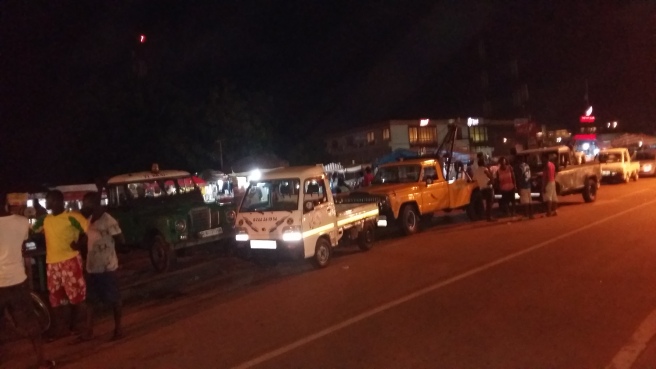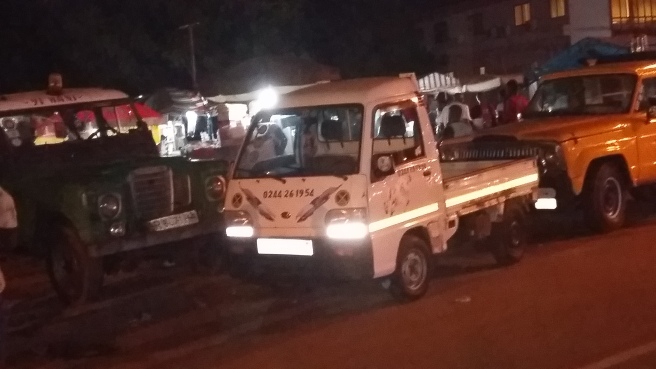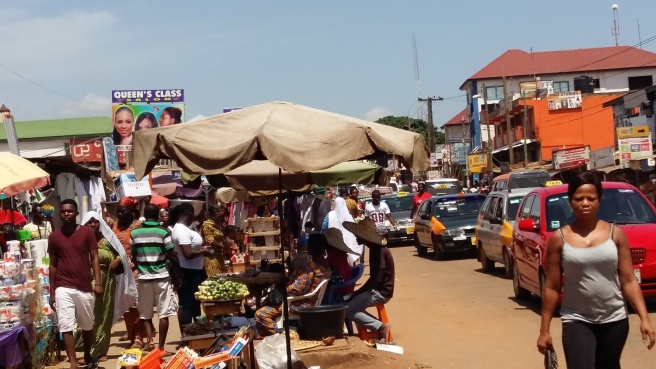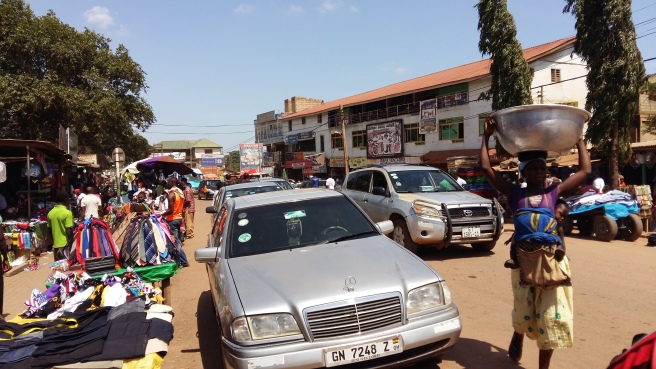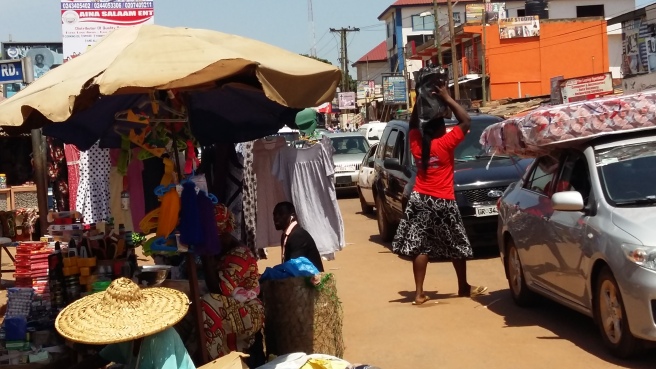By Samed Akalilu.
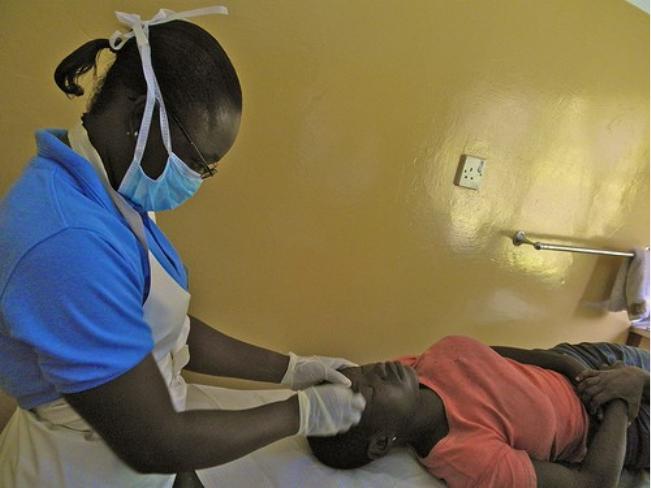
A medical practitioner busily attending to a patient
It is not uncommon for a Ghanaian to walk into a nearby pharmacy shop, ostensibly in search for Coartem, Artemether or Chloroquine when he/she experiences signs such as loss of appetite, vomiting and feverishness.
This appears to be the case in the Madina Municipality. Assembly Member for Madina West Electoral Area, Abdul-Rahman Rahim said malaria remains the most prevalent disease in the area.
He was of the view that the choked gutters caused by indiscriminate disposal of waste including human excreta at any part of the municipality contributed to this growing health condition in the area.
“Our major challenge is some of our people are not ready to keep their surroundings clean,” Mr. Rahim said.
But, health authorities at the Madina Municipality disagree with the speculation that malaria is the most prevalent disease in the area.
Rather, a “jaw-breaking” illness called “Gastroenteritis”- an intestinal infection marked by watery diarrhea, abdominal cramps, nausea, vomiting and fever tops the league of reported cases.
A Senior Staff Nurse at the Madina Polyclinic, Madam Agnes Abugbire, revealed this in an interview with this paper on Thursday. According to her, most patients of gastroenteritis confuse it with malaria due to its symptoms.
“We receive more cases of gastroenteritis here than malaria,” Madam Abugbire said.
Gastroenteritis is generally a viral disease caused by contacts with infected persons through contaminated food and water.
Madam Abugbire admonished people who resort to pharmacy shops at the least ill health for medication to desist from such habits. She said, the best way to knowing one’s appropriate health condition is to seek medical attention in an approved health facility.
According to the World Health Organisation (W.H.O), although gastroenteritis is not generally deadly among adults, it could be fatal among children and old adults with compromised immune system.

